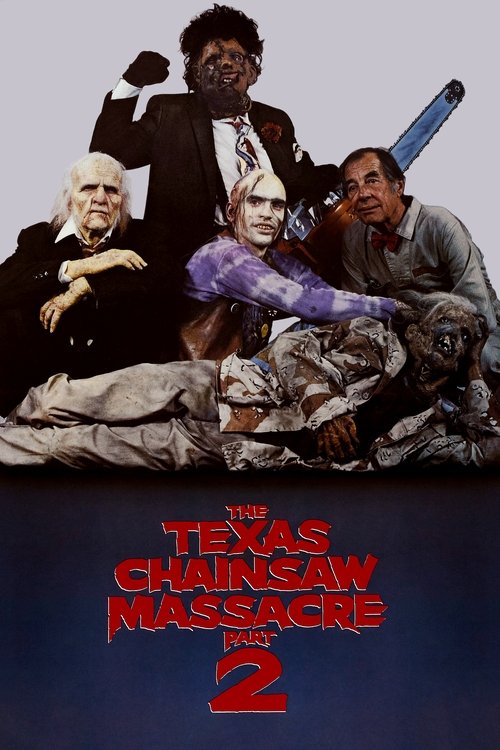

In THE TEXAS CHAIN SAW MASSACRE, human beings are just meat, ground up by an unintelligible enemy that cannot be reasoned with or dissuaded. As the film progresses, the murders are purged of sentiment. This is a type which movies normally sentimentalize, yet Franklin is so shrill and abhorrent that, if anyone, most audiences end up siding with Leatherface by the time Franklin is sent to his fate. Think of Franklin (Paul Partain), the wheelchair-bound character – sure he’s disabled but he’s also one of the most intolerable creatures in film history.
#THE TEXAS CHAIN SAW MASSACRE HOOKS MOVIE#
When the movie does demand an emotional response to the murders, it does so in unusual, script-flipping sorts of ways. It’s an impersonal, industrial kind of murder.

Human bodies treated like cattle, hung by meat hooks and clubbed in the head with ruthless efficiency. Horror audiences have become inured to this kind of imagery but in 1974, it had significance. You can almost smell the coppery metallic death in the air. The ruddy cinematography by Daniel Pearl gives the images alarming texture. The house where Leatherface dispatches most of his victims is, literally, a slaughterhouse. The chainsaw is more businesslike, less up-close-and-personal than say, the fangs of Count Dracula, or even the knife wielded by Michael Myers. The chainsaw treats human bodies like inanimate objects – like meat. Note how iconic franchise villain Leatherface carries a chainsaw as his weapon of choice. The political furor of the era is not to be found in the main text, but instead, it roils underneath, embedded within the ferocious, hopeless atmosphere of the piece.įive years before THE DEER HUNTER or APOCALYPSE NOW, THE TEXAS CHAINSAW MASSACRE managed to reflect the cultural unease, disillusionment, and nihilism that the war in Vietnam, by all accounts, engendered in American minds. Obviously there are no politics directly addressed by the story, which is at its core, like PSYCHO before it and THE SILENCE OF THE LAMBS after it, a hyper-fictionalized elaboration of the Ed Gein story. What director Tobe Hooper and his collaborators did, consciously or otherwise, was to capture the anger of the era. The war was still going on when the movie was being made. Movies of the era such as THE GODFATHER, TAXI DRIVER, ONE FLEW OVER THE CUCKOO’S NEST, and A CLOCKWORK ORANGE are justly heralded, but THE TEXAS CHAINSAW MASSACRE is equally important as a historical document of the 1970s. It’s a genuinely important American film. THE TEXAS CHAINSAW MASSACRE was a movie of its time, and it reflected that as surely as any other more prestigious and acclaimed American classic.


 0 kommentar(er)
0 kommentar(er)
